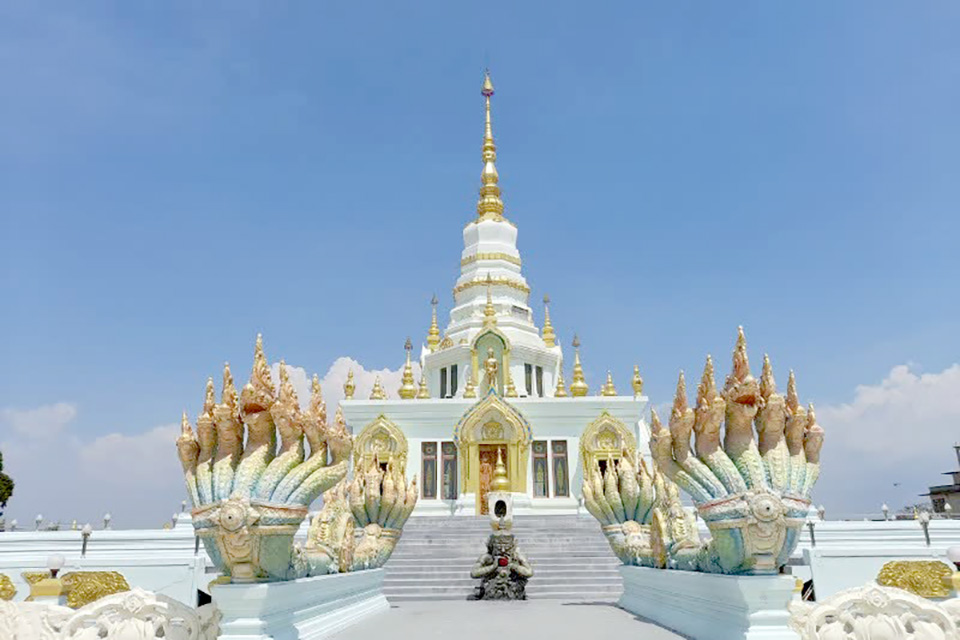
A ‘Wonderful Thai Temples’ program has been initiated to collect information about temples across Thailand that have the potential to become destinations for historical, religious, and cultural tourism. The work is part of efforts to use Soft Power to generate added value for the Thai economy and sustainably bring in revenue for local communities.
The Department of Religious Affairs revealed it was implementing the ‘Wonderful Thai Temples’ program to collect information about temples and other religious sites in Thailand. It is asking provincial offices of the Ministry of Culture in all 76 provinces to assess 3-5 temples in their area. This will be based on a criterion that takes into consideration the temple’s architecture, sculptures, Buddha images, and conduct of monks at the temple. The criterion also takes into consideration how a temple performs as a learning site for culture, the local way of life, and the local identity. Furthermore, it takes the tourism aspect into consideration by assessing the temple’s beauty, cleanliness, convenience, uniqueness, ability to delight visitors, and social and economic value.
Photographs of temples will be submitted alongside information on their histories. The information will be screened by a working committee to ensure completeness and accuracy. The endeavor will result in an information resource on temples that can be accessed by students and interested persons. The information will also contribute to the overall effort to drive work on the religious, art, and cultural fronts. Meanwhile, Thailand seeks to use Soft Power to add value to its economy by developing temples as tourism sites and sustainably reinforcing the robustness of communities around said temples.
The program is expected to synergize with other undertakings, including a project promoting religious tourism routes, the Phalang Bowon Community project, the CPOT or Cultural Product of Thailand project, and the Yon Withi community tourism scheme.
The Department of Religious Affairs hopes to build on temples’ potential to become sites for historical, religious, and cultural tourism that are operated in harmony with the requirements of the local community as well as visiting tourists. (NNT)





